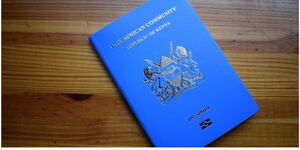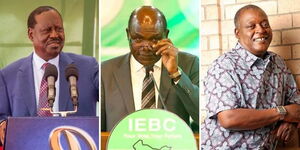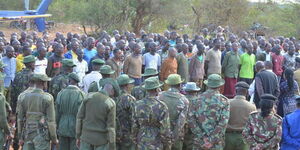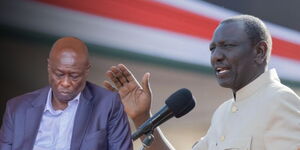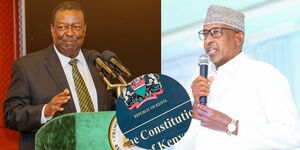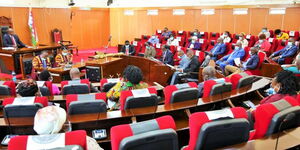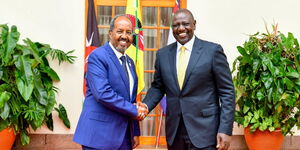Several human rights defenders and civil societies reportedly came under scrutiny from the government due to their active role in monitoring and addressing government actions during recent demonstrations.
Wanjiru Gikonyo, a transformative governance expert, revealed on Monday morning that the activists were targeted by the Directorate of Criminal Investigations and other agencies for their involvement in tracking government excesses.
According to Gikonyo, the human rights defenders were issued with letters from the government, informing them of ongoing investigations and summoning them to report to the DCI for interrogation.
The basis for these actions, as stated in the letters, was the alleged involvement of these activists in "subversive activities."
However, Gikonyo strongly contended that their actions were not subversive but rather essential in ensuring accountability and justice.
“These human rights defenders have been issued with letters investigating them demanding that they go and report to DCI so that they can be interrogated for subversive activities because of the work they did,” Gikonyo stated during the interview.
The activists' work primarily involved monitoring how the police managed the protests, providing legal assistance to arrested demonstrators, and pursuing cases of extrajudicial killings allegedly perpetrated by the police.
Gikonyo emphasised that these defenders were actively engaged in legal channels, including taking cases to court to ensure that arrested individuals received bail.
In many instances, courts released these individuals due to the lack of charges filed against them, highlighting the activists' role in safeguarding legal rights for the protesters illegally arrested.
“They were looking at how the police were managing the protests, they were going to court to ensure people receive bail and the courts were even letting them free because there are no charges preferred, and then they were pursuing extrajudicial cases perpetrated by the police so that they can track them,” Gikonyo elaborated.
The summonses issued to these defenders have sparked fears of a crackdown on civil society organisations and individuals who are dedicated to holding the government accountable and pushing for freedom of speech and movement.
A week ago, the High Court stopped the government from probing civil society organisations over allegations of funding Gen Z protests.
Justice Chacha Mwita issued conservatory orders prohibiting the Directorate of Criminal Investigations (DCI) and other state agencies from investigating and interfering with the activities of civil society organisations led by Katiba Institute and Kenya Human Rights Commission (KHRC), pending the hearing and determination of the matter.
“In the meantime, a conservatory order is hereby issued restraining the respondents, their agents, and or any government agency including the DCI from in any way interfering with the petitioners' operation, including registration status, running of their bank accounts, and other activities until September 16, 2024,” Justice Mwita ordered.
The court order came after five petitioners led by Katiba Institute challenged the state decision to launch a rhetorical campaign by lying that civil society organisations including Ford Foundation were funding protests.



